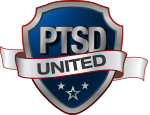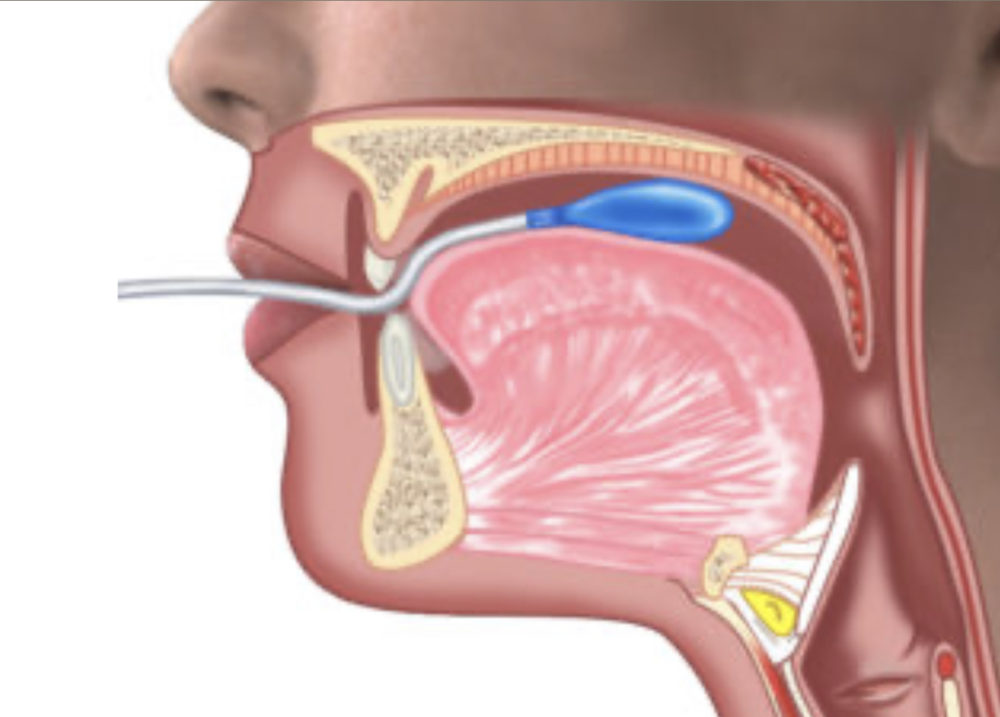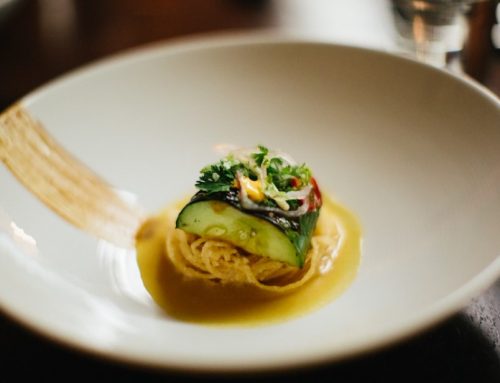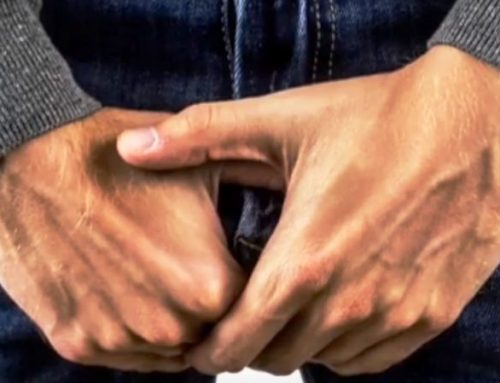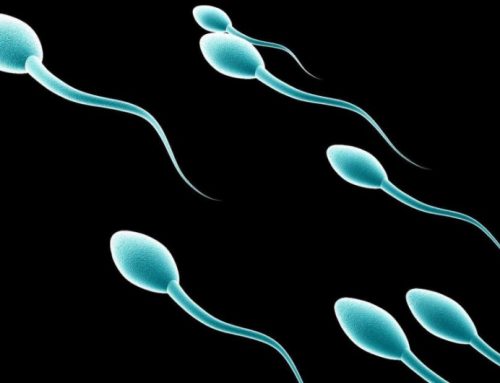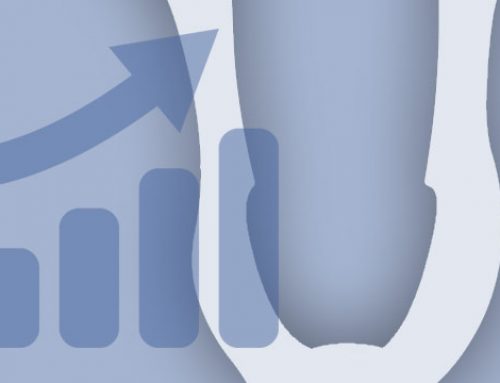Useful Knowledge on which considered as “strong muscles” by nature.
The human body is a whole puzzle of muscles. Some of them are well known and often mentioned in our workouts in the gym, while some others are not so well known and do not need weights for their training.
Usually talking about muscles we think of the abdominals, the biceps, the triceps or the quadriceps.
However, our body contains many more “invisible” muscles, not so “famous”, but equally important.
Therefore, do you think that the strongest and fittest muscles in your body are any of the ones mentioned above?
Do you think that because of the muscle building supplements consumed you will have made your abs the strongest muscle in your body?
Let me tell you what you are doing WRONG.
The Strongest Muscle in the Body is not the biceps.
Therefore, no matter how much you believe (even if it is true) that the endless hours in the gym and the special muscle-building supplements have worked; the strongest muscle in your body is neither the biceps, nor the triceps, the quadriceps or the abs. muscles.
It is not even the muscles of the chest or calves.
Which ones are then?
The strongest muscle in the human body is a muscle we never even mention; we do not even know it exists.
The strongest muscle in the human body (regardless of whether the person exercises or not) is located in the back of the foot – and more specifically in the heel – is responsible for managing to support our body upright, standing, walking and running.
It is called a plantar muscle and is undoubted – apart from being extremely fit – very useful and important for the life of the person.
The muscle wishing to be the strongest
According to the prestigious scientific journal “Scientific American”, the tongue is an organ of the human body with enormous power.
Nevertheless, why it has not won the title of “strongest muscle in the human body”?
Let’s see what the tongue is and how it works.
The tongue is a part of the mouth playing an important role in speech and in many other functions of our body.
As a part of the digestive system (as being an essential “tool” of the body for chewing and swallowing food) it contributes dramatically to the smooth processing of the digestive process.
Besides, as part of the respiratory system, it contributes to the smooth processing of the respiratory process.
The tongue is a muscular organ.
However, it is not just one (1) muscle. The human tongue is a system of eight (8) different muscles working in combination, to smoothly performing the above vital processes of the organism.
Each of these eight (8) muscles works differently, making this fleshy organ the strongest and most-tireless muscle in the body.
All eight (8) muscles of the tongue develop connected. However, unlike other muscles in the body always growing around a bone, the muscles of the tongue do not rest on a bone.
This is why the tongue remains so flexible and agile, constantly changing shapes without affecting its original structure and composition.
You will hear many resembling the human tongue to the proboscis of an elephant or the tentacles of an octopus, precisely for this reason.
The amazing thing about the muscles of the tongue is that they never feel tired.
They are strong (since they can exert enormous force on an object), but they are also extremely durable.
The strongest muscles in the body do not need muscle-strengthening supplements
Therefore, as scientific research shows, the strong muscles in the human body (whether you follow an exercise program or not) do not need protein supplements and muscle strengthening.
Both the tongue (a patchwork of eight (8) strong muscles) and the plantar fascia do not need exercise or muscle building supplements.
They are by nature very strong, resilient and with extremely strong muscles.
The muscle able to exert the highest pressure
Referring to “strong” muscles in the human body, it is not possible not to mention the chewing muscles – the muscles contributing to the movement of the lower jaw so speech and chewing of food take place (hence their name ” chewers ”).
The masseter muscle is a thick muscle, with a special quadrilateral shape, located in the lower jaw and more specifically on its outer surface.
After all, only the lower jaw moves, while the upper jaw remains stable.
The masseter muscle, therefore, protrudes from the cheekbone and with the force it exerts moves the lower jaw to converge with the upper jaw until the teeth come in contact.
Therefore, it may sound strange when we include the masseter muscle in the strongest of the body, but it is true.
Just think the power one can exert with its jaws.
There are people who have even broken the Guinness record with the power of their masseter muscles.
This was done by lifting a huge weight an almost unthinkable weight can only be lifted with the strength of the jaws.
Specifically, the current Guinness record reports a power of 442 kg (i.e. 4,337 Newton) for a duration of two (2) full seconds.
You may think that 2 seconds is a very short time όμως but think how difficult it is to lift this weight even with the strength of your hands!
Do masseter muscles need boosting and nutritional supplements?
No. Nevertheless, they have broken the Guinness record for strength.
Another strong “team”.
The next muscle group is just as strong as the eye muscles.
The ocular muscles as they are called – six (6) in their entirety (2 oblique and 4 upright) are those controlling the movement of the eyes and therefore the direction of the look.
In fact, in a surprising way, the muscles of the two (2) eyes work perfectly harmoniously to focus on the same point at the same time.
In case this does not happen, we are talking about the disease of strabismus.
However, why do we refer to the ocular muscles as a group of muscles belonging to the strongest muscles of the body?
Although very small, the ocular muscles are extremely strong, providing the eyes with high-speed movements for the rapid scanning of the environment and the ability to make thousands of small movements per second (especially during the REM phase of sleep).
Therefore, these muscles may not lift weights, but their strength allows them to move with incredible speed in the eyes.
Besides, as stated, the strength of the ocular muscles is about 100 times greater than what is actually required for the movement of the shots of the eye.
The strongest and most vital muscle of the body
Certainly, this is no other than the heart muscle.
We are talking about muscle-working non-stop from the day of our birth until the day of our death, with no interruption and no rest.
The heart muscle – also known as the myocardium – has the ability to contract and is unique, since this muscle form does not exist anywhere else in the body.
The myocardium works 24/7 without any interruptions.
Each of its cells produces its own energy (with the help of mitochondria).
Therefore, this energy is produced by burning fat and glucose and feeding the muscle cells of the heart to “work” day and night non-stop.
If a muscle working continuously is not strong, then what is it?
It is worth mentioning that a heart beats about 40,000,000 times a year and all this in the tireless heart muscle.
The muscle giving you life with its power.
This last muscle is a privilege of women only.
Yes! The uterine muscle is one of the strongest muscles in the human body.
The myometrium is the strongest element of the uterine cavity walls consisting of three (3) consecutive layers of smooth muscle fibres.
During pregnancy, these muscles are relaxed.
However, during the final phase of pregnancy (childbirth), these muscles contract and relax constantly and very intensely, so the fetus is pushed out through the fallopian tube and childbirth can take place.
Strong muscles of the body – Conclusion
As shown above, the muscles of the body that are strong – the “invisible heroes of human life” – are not the ones expected to see drawing our attention.
Those real strong muscles do not need muscle building supplements to strengthen.
The human body is a real grαndeur and it is worth learning a few things about it that will help us appreciate more what we call “life”!
